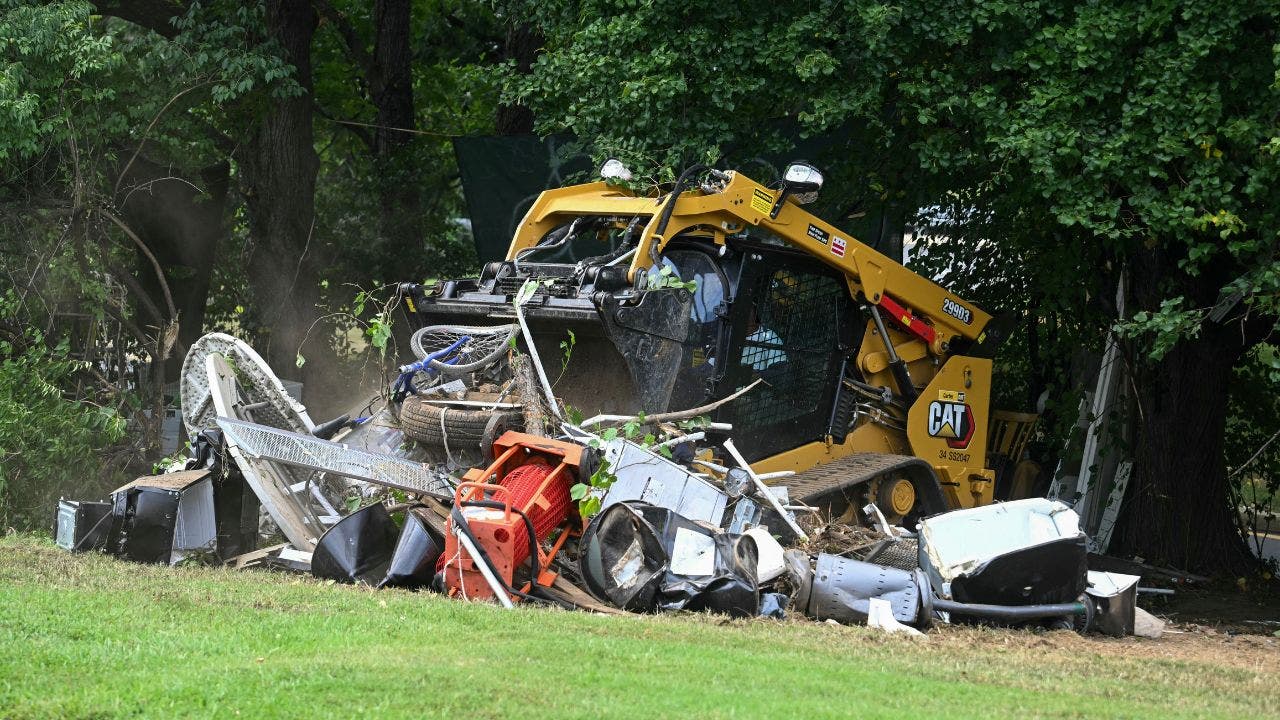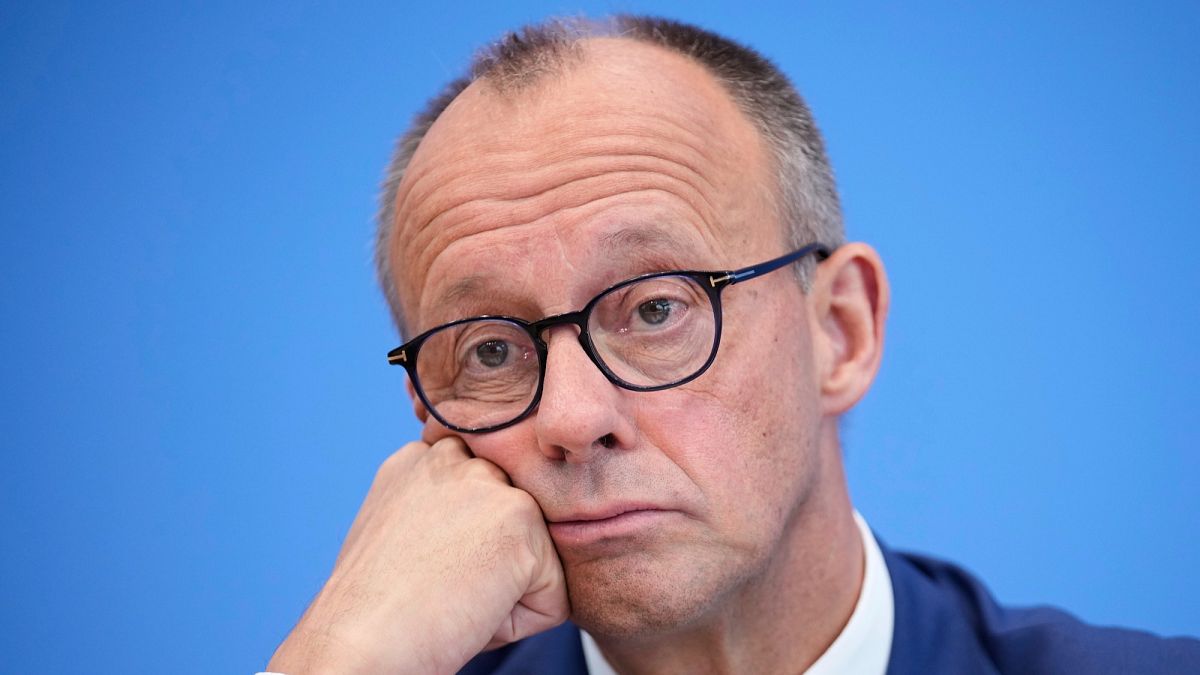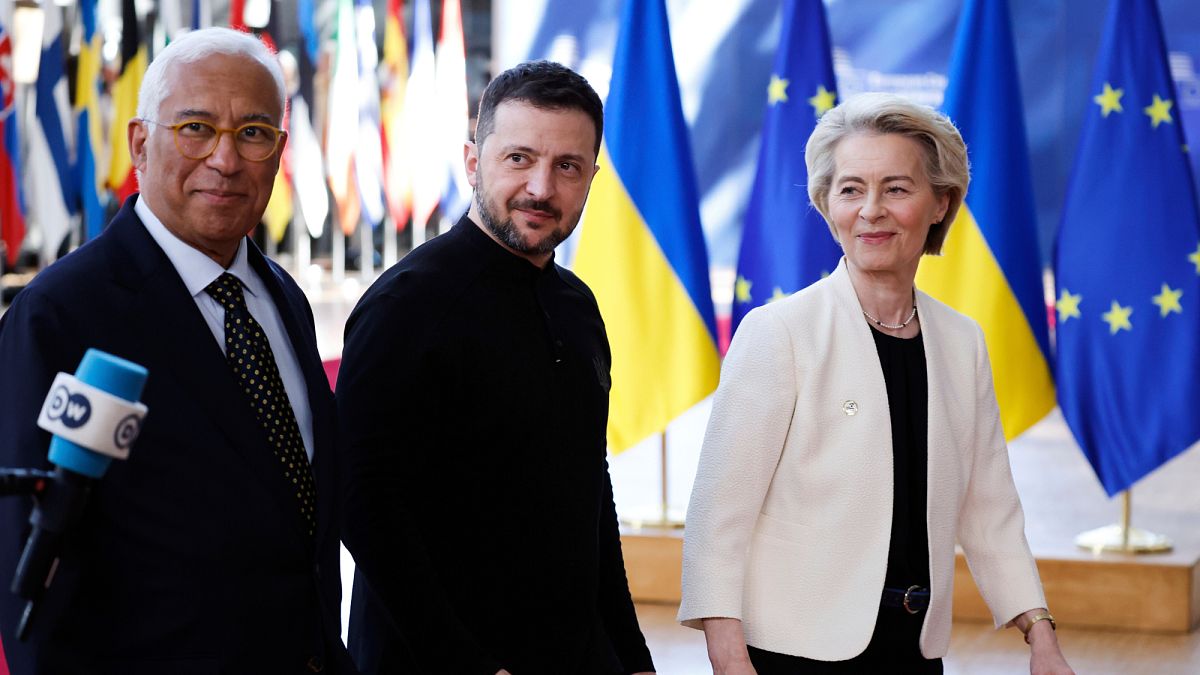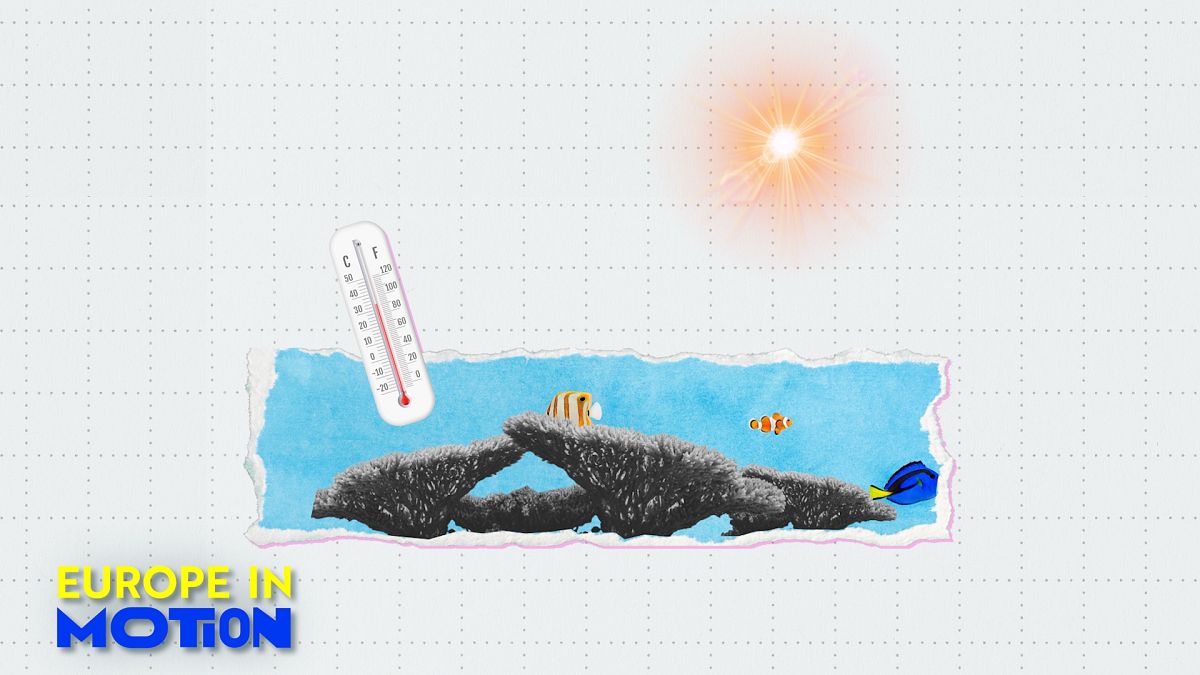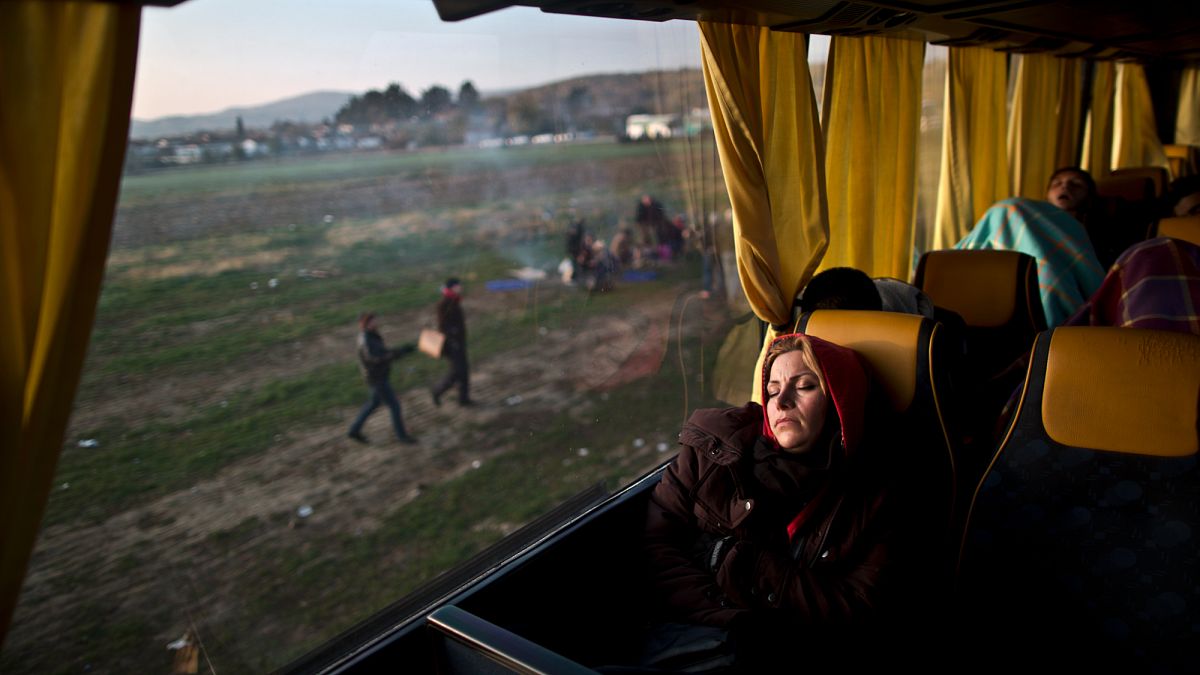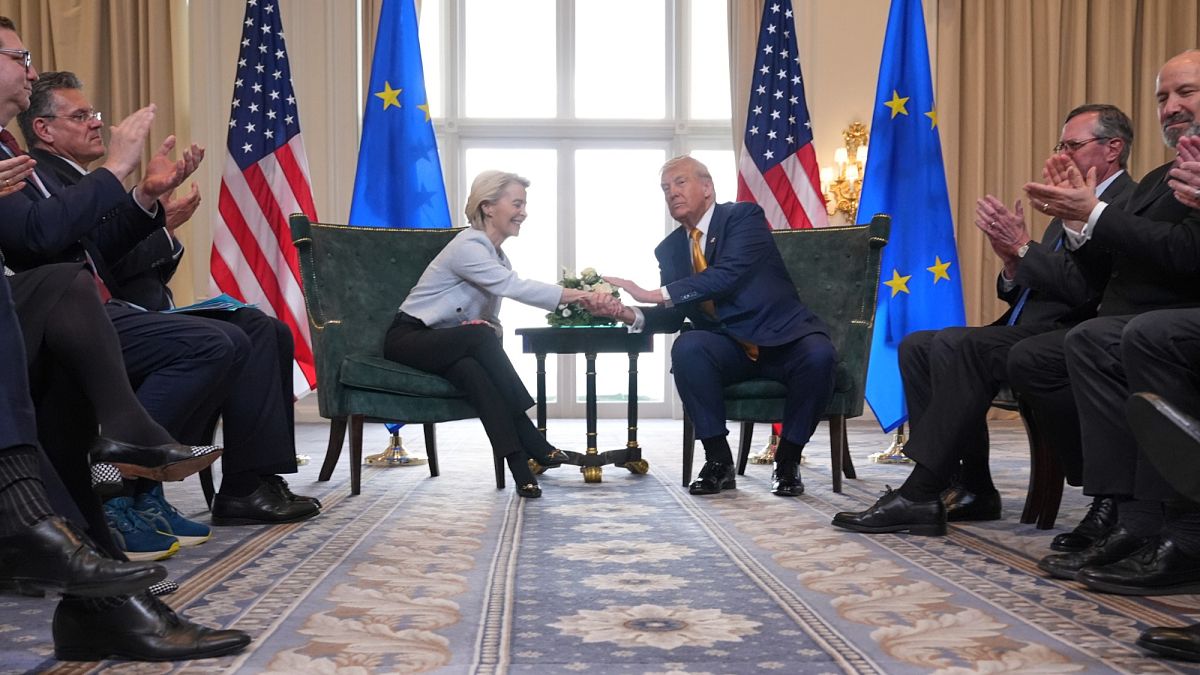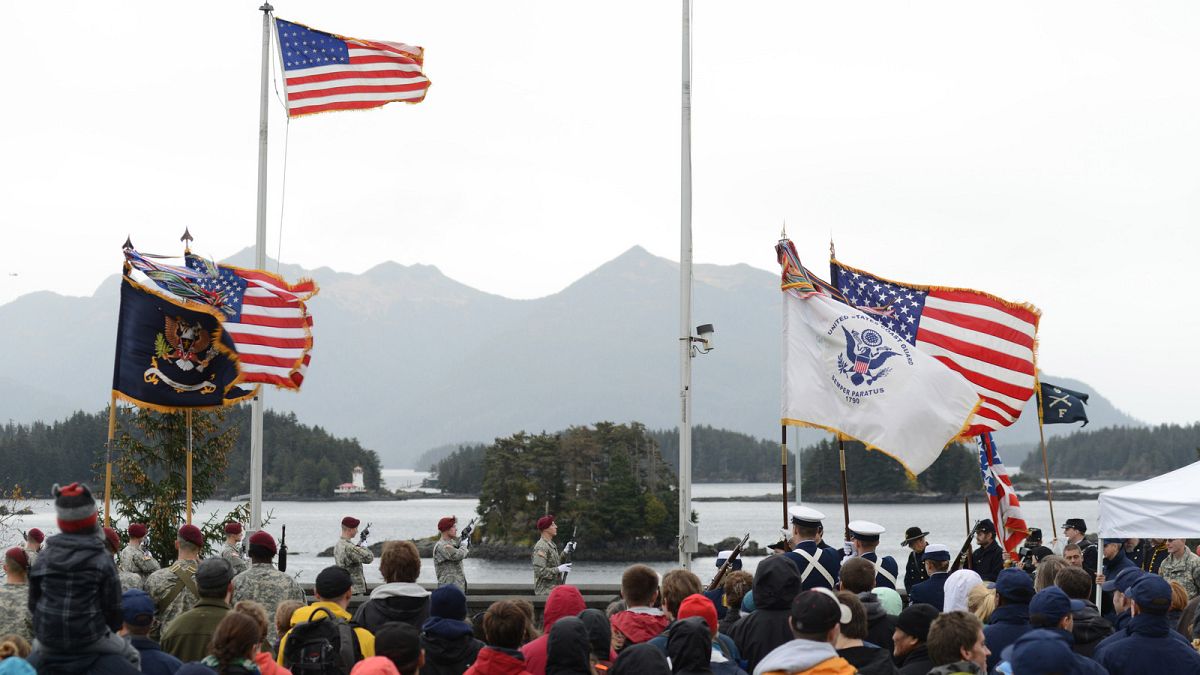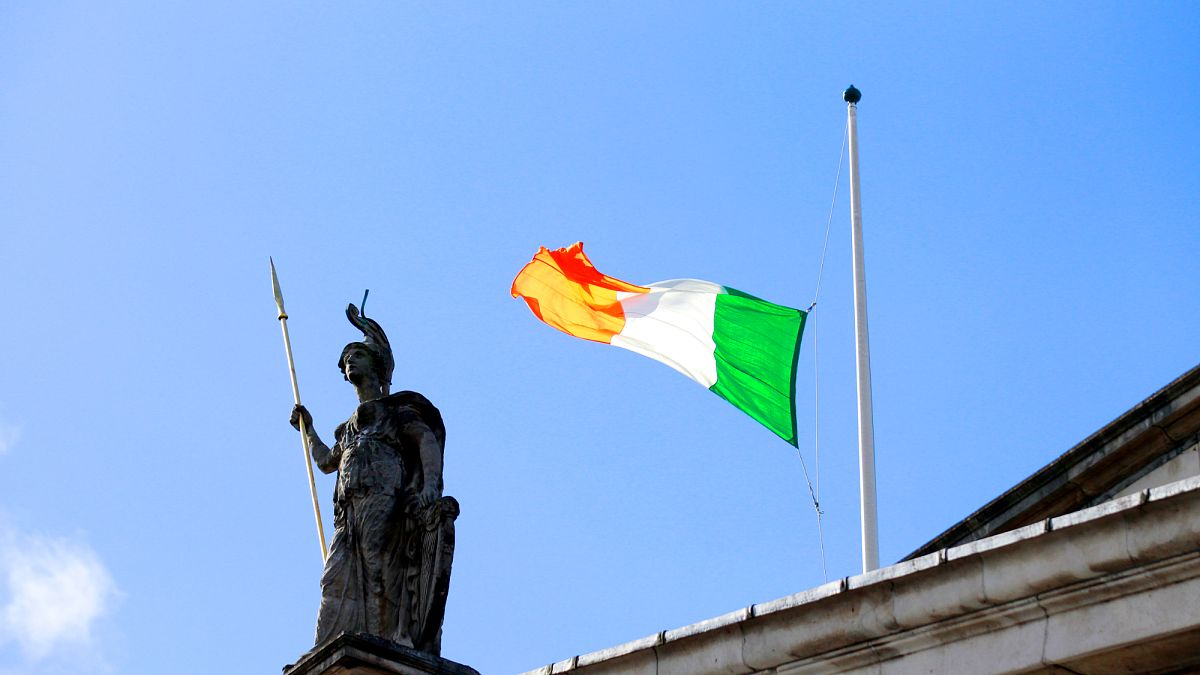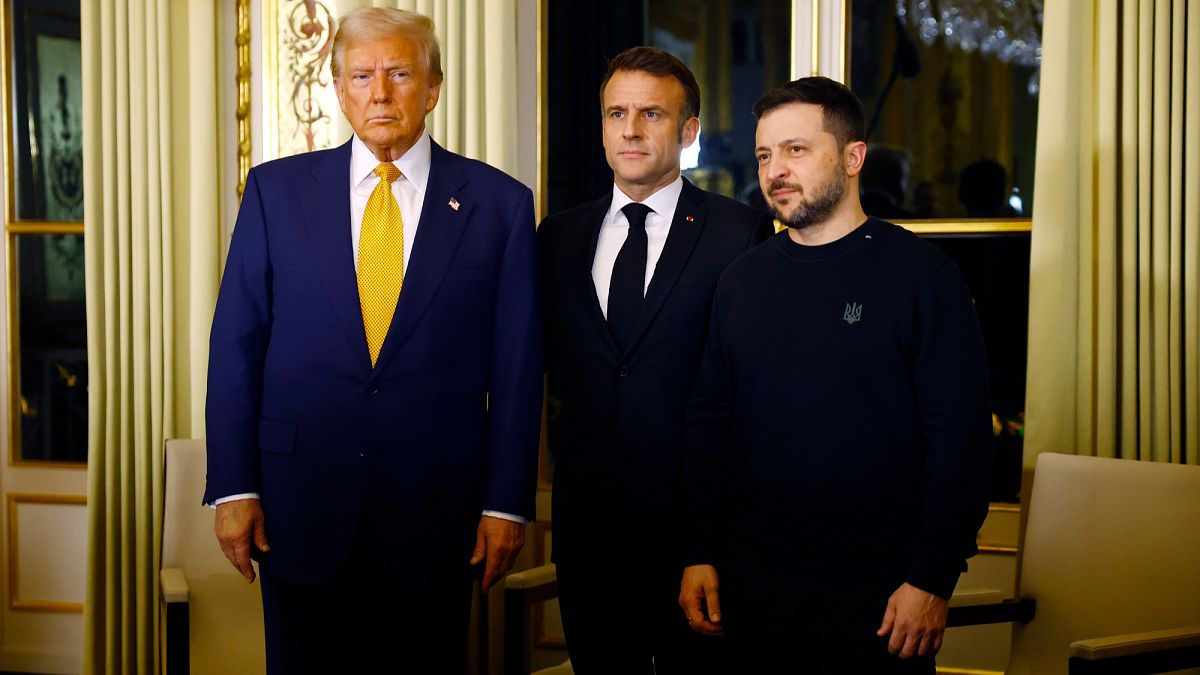Published on
ADVERTISEMENT
Germany’s Chancellor Friedrich Merz said that his top priority for this election period is to pull Germany out of recession and strengthen European defence.
Speaking to journalists at the chancellor’s traditional summer briefing on Friday, the German leader delivered a sharp criticism of the EU, which he said is “too rule-heavy, too bureaucratic, too slow” to solve its citizens’ problems.
He also emphasised that the migration issue needed to be solved.
Merz pointed out that Germany is controlling its border with Poland, while Poland in turn is beefing up defences along the border with Lithuania and accused Russia and Belarus of sending migrants into Europe.
He underlined his close relationship with European leaders Emmanuel Macron, Donald Tusk and Keir Starmer and said he had been working intensively with US partners on finding solutions to US President Donald Trump’s trade policies and the situation in Israel and Gaza.
“We want to try to help,” Merz said, referring to the deteriorating humanitarian situation in Gaza and said his government is working to find a way to get humanitarian aid into the Strip.
Merz also highlighted that Israel cannot be compared to Russia, that the two countries are “fundamentally different,” and said Israel is still a democracy.
Merz showcased his diplomacy, by refusing to badmouth Angela Merkel’s 2015 migration policy of “Wir schaffen das,” (We will manage it) and said his government is on course to “correct” it.
He pointed to the 81 deportations of Afghan nationals back to Afghanistan on Friday that Germany carried out and said that Qatar had played a role in facilitating the deportations.
“The Federal Government does not recognise the Taliban’s de facto government,” Merz stressed at the briefing, and said it was unlikely to change its stance.
Merz’s comments on Friday marked a tonal shift from the previous government, as he attempted to strike a balance between socialist and conservative ideals within the ruling coalition.
Germany is facing the dual challenges of becoming more productive and competitive, issues that are likely to define Merz’s leadership for the next four years.

